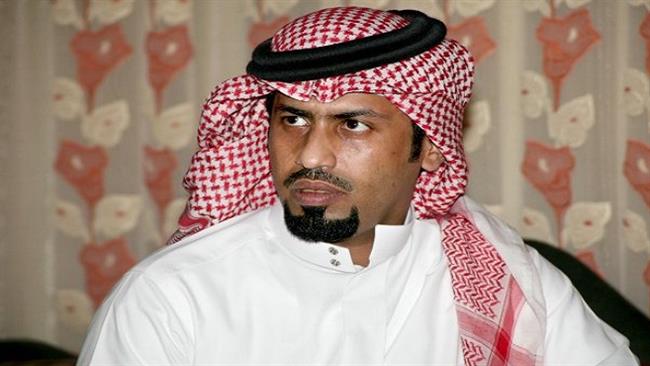Shammari named Saudi Arabia’s charge d’affaires to Iraq


Abdulaziz al-Shammari has reportedly been appointed as Saudi Arabia’s chargé d’affaires in Iraq after Baghdad asked Riyadh to replace its ambassador Thamer al-Sabhan for his repeated interference in Iraq’s internal affairs.
In a post published on his Twitter account on Friday, Sabhan wished Shammari success in his new post as the charge d’affaires at the Saudi embassy in Baghdad, the Riyadh-based and pro-government Saudi daily Al Riyadh reported on Friday.
Ahmed Jamal, the spokesman for the Iraqi Foreign Ministry, announced on August 28 that senior Iraqi officials had requested Saudi Arabia to find a replacement for 49-year-old Sabhan.

The Saudi ambassador to Baghdad had on occasions received warnings from Iraqi officials for his interference in the country’s domestic affairs.
In June, Prime Minister Haider al-Abadi strongly urged Sabhan to remain committed to his diplomatic duties and avoid meddling remarks and actions.
Saudi FM’s demand, worthless: Iraq

Meanwhile, the Iraqi Foreign Ministry has dismissed the Saudi foreign minister’s call for the exclusion of pro-government Popular Mobilization Units from the impending operation to retake Mosul from Daesh Takfiri terrorists as “worthless,” stressing that Baghdad does not care about voices coming from the terrorist sympathizers.
Jamal told Arabic-language al-Sumaria television network on Friday that the volunteer forces are the source of pride for the whole Iraqi nation, offer a beacon of hope to those threatened by terrorism, and have substantially contributed to the victories of the Iraqi government and people against Daesh and its sponsors.
Jamal further noted that Iraqi officials pay no attention to the angry outbursts of those sympathizing with Daesh and such comments expose the nature of those fanning the flames of tribal rifts and bitter feuds.

On Thursday, Saudi Arabia’s Foreign Minister Adel al-Jubeir described the Iraqi Popular Mobilization Units as a sectarian force with affiliations to Iran, alleging that the fighters are causing divisions, and committing ethnic crimes against civilians in different parts of Iraq.
The Saudi foreign minister’s remarks came during a joint press conference with his Turkish counterpart Mevlut Cavusoglu on the sidelines of the 5th joint Gulf Cooperation Council -Turkey High Level Strategic Dialogue ministerial meeting in Riyadh.
Turkey threatens ‘plan B’ over Mosul operation
Also on Friday, Turkish President Tayyip Erdogan stated that Ankara is determined to play a role in the planned operation to recapture the northern Iraqi city of Mosul from Daesh Takfiris irrespective of Baghdad’s repeated protests.

“We are determined to join the coalition forces in Iraq to ensure Iraq’s unity and solidarity. If the coalition forces do not want Turkey, we will implement plan B. If that doesn’t work, we will implement plan C,” Erdogan said during a speech in the Anatolian city of Konya.
He, however, did not provide any details on what the alternative plans would entail.
Mosul, which is Iraq’s second-largest city and the main stronghold of Daesh terrorists in the crisis-hit Arab country, fell under Daesh control in 2014. The Iraqi army and pro-government forces have been preparing for months for the assault on Daesh in the strategic city.







